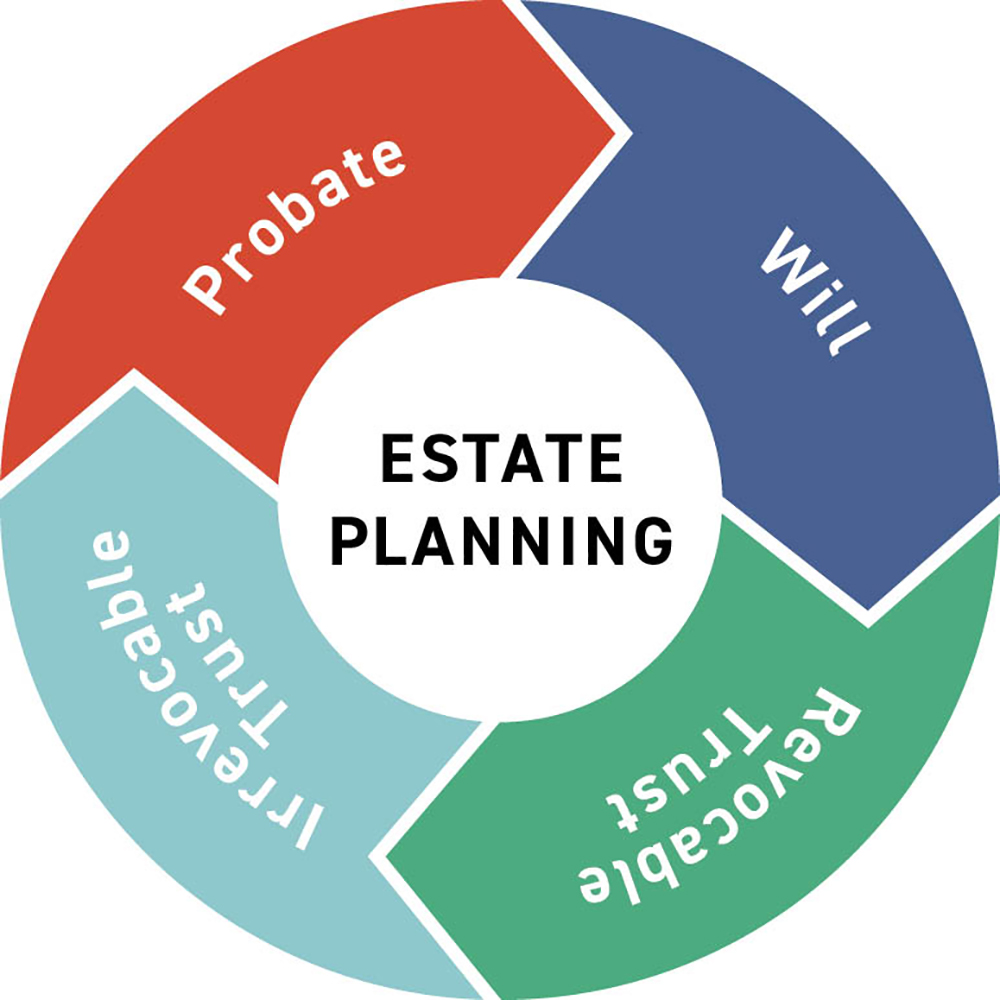
When it comes to estate planning, many people draft a will to dictate how assets will be distributed after their death. But a trust can offer additional benefits to you and your family.
SKIP PROBATE
When you die with only a will, most likely, your personal representative (executor) will have to apply for probate. This judicial process validates the will, which is then available to the public. But assets placed in a trust generally avoid probate, and your estate information remains private. The distribution of assets is generally faster and simpler, too.
CHOOSE THE RIGHT TRUST
There are many types of trusts, but generally there are two types that work for most people:
- An irrevocable trust has terms and provisions that cannot be changed by the grantor. Using an irrevocable trust allows you to minimize estate tax, protect assets from creditors, and provide for family members who are minors, financially irresponsible, or who have special needs.
- Alternatively, a revocable trust, allows the grantor to change the terms of the trust. For example, you can make an annual exclusion gift to a revocable trust without incurring a gift tax. Additionally, if you need additional funds, assets in a revocable trust can be accessed. Your trustee can make distributions on your behalf, pay bills and even file tax returns for you. Unlike an irrevocable trust, funds in this trust are not protected from lawsuits or creditors.
NAME A TRUSTEE
You will name who you want to manage the assets when you establish the trust. Choosing a professional, as opposed to a family member, can safeguard your loved ones from making decisions without knowing your wishes during difficult times.
GET IT RIGHT
Trusts are complicated. Work with your tax advior and an estate planning attorney to draft your estate documents properly.

